It can be seen that in recent times, the Digital Government has achieved many positive results, the rate of online public services throughout the process reached 45%, people logged into the National Public Service Portal using the VNeID platform with more than 93 million visits. Digital infrastructure has developed strongly, 5G has been commercialized, international internet speed has increased sharply; 96.4% of villages and hamlets have fiber optic internet, 82.9% of households use broadband fiber optic internet. The digital economy has made great strides, contributing 18.3% of GDP, with a growth rate of 20% per year.
E-commerce continues to grow strongly (reaching 28 billion USD in 2024, up 36%). Non-cash payments are widely deployed (average annual growth rate of 57%). Digital data is built and exploited, with 10 key national databases, of which the national population database has been connected to 18 ministries, branches, and 63 localities, serving more than 1.8 billion queries. The "Digital Popular Education" platform has so far trained 200,000 cadres, civil servants, and armed forces.
Looking back, 80 years ago, when the country had just gained independence, more than 95% of the population could not read or write, "ignorance" became one of the three dangerous enemies (along with "famine" and "foreign invaders"), the "Popular Education" movement was born with the urgent goal of eliminating illiteracy and improving the cultural level of the people.
President Ho Chi Minh once said: “An ignorant nation is a weak nation”; therefore, improving the people’s knowledge is a solid foundation for building an independent, strong and prosperous nation. And in just a short time, millions of Vietnamese people have learned to read and write, making an important contribution to the cause of building and defending the Fatherland.
Today, the “Digital Popular Education” movement is inspired by, inherited and developed from the “Popular Education” movement launched by President Ho Chi Minh, as a bridge between the past and the future. The Prime Minister pointed out that the “Digital Popular Education” movement is closely linked in name, core values and lessons learned from the previous “Popular Education” movement.
Therefore, the “Popular Digital Education” movement must become a revolutionary, all-people, comprehensive, encompassing, far-reaching movement, leaving no one behind. This movement is an important political task, arousing and spreading the revolutionary spirit, the tradition of great solidarity, the spirit of self-reliance, self-confidence, self-reliance, self-strengthening and national pride.
Therefore, cadres, civil servants and public employees must be pioneers and exemplary in implementation, creating strong changes in awareness and action; transforming the process of learning, training and applying digital knowledge and skills into the personal needs of each person; promoting the reduction of training and coaching costs; aiming for complete exemption for the disadvantaged, remote areas, border areas and islands.
The task is to focus on implementing and effectively mobilizing resources from the State, society, businesses and the entire population; promoting the cultural traditions, love of learning, lifelong learning spirit, and the aspiration to rise up of the Vietnamese people. Ensuring open and appropriate mechanisms and policies to implement the movement practically and effectively; ensuring smooth infrastructure, synchronization, connectivity, flexibility and targeting; ensuring effective use of resources, enhancing publicity, transparency, fighting negativity, corruption and waste.
Focus on building a digital learning ecosystem, developing a digital learning platform for the entire population, applying artificial intelligence and big data. Build a mechanism to encourage and motivate learning; build and improve the capacity of digital lecturers; build a mechanism to inspect, monitor and evaluate effectiveness.
To successfully implement the "Digital Literacy for All" movement, the Prime Minister requested Party committees and authorities at all levels, especially leaders, to take the lead in improving digital capacity, promoting digital transformation at localities and agencies, considering this a key task, linked with administrative reform and socio-economic development; creating conditions for people to access digital skills, services, and digital platforms, taking people and businesses as the center and driving force of digital transformation.
The Fatherland Front, socio-political organizations, business community and people need to actively respond to the movement. Technology enterprises play a pioneering role, popularizing digital skills through appropriate platforms, services and solutions; accompanying the government and people in the digital transformation process.
At the same time, accelerate the implementation of the Project to improve digital skills, integrate digital knowledge and artificial intelligence into general education. Invest in digital infrastructure, especially in remote areas and support digital devices for the disadvantaged. Promote community digital technology groups, along with digital family, digital rural and digital urban models to spread digital skills widely.
With high political determination, solidarity, creativity and strong aspirations for national development, we believe that the "Digital Literacy for All" movement will spread widely, creating motivation and inspiration for everyone, bringing benefits to all people and to the nation, all for the goal of building a rich, civilized, prosperous country, and people who are increasingly prosperous and happy.
Phuong Minh
Source: https://baoquangtri.vn/tap-trung-thuc-hien-phong-trao-binh-dan-hoc-vu-so-toan-dan-193572.htm


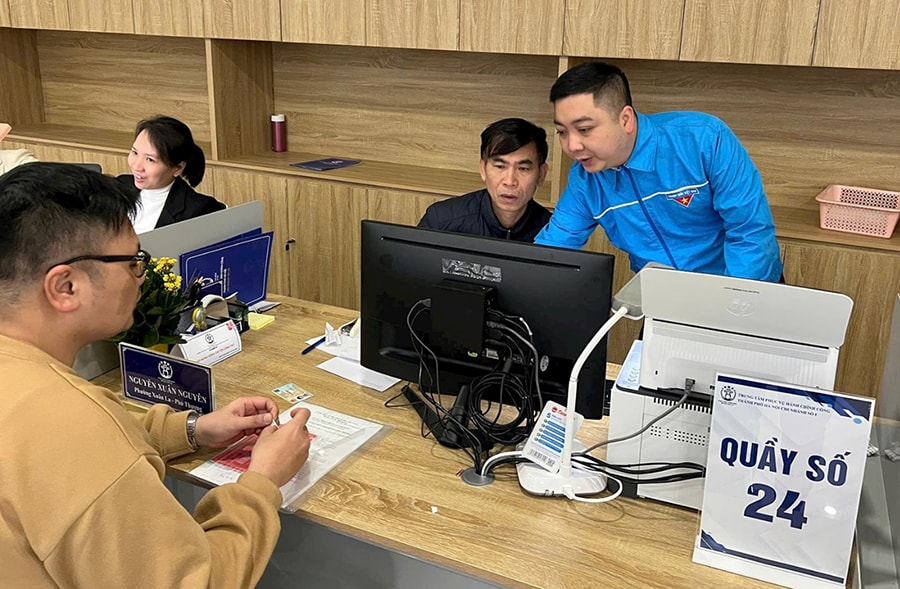
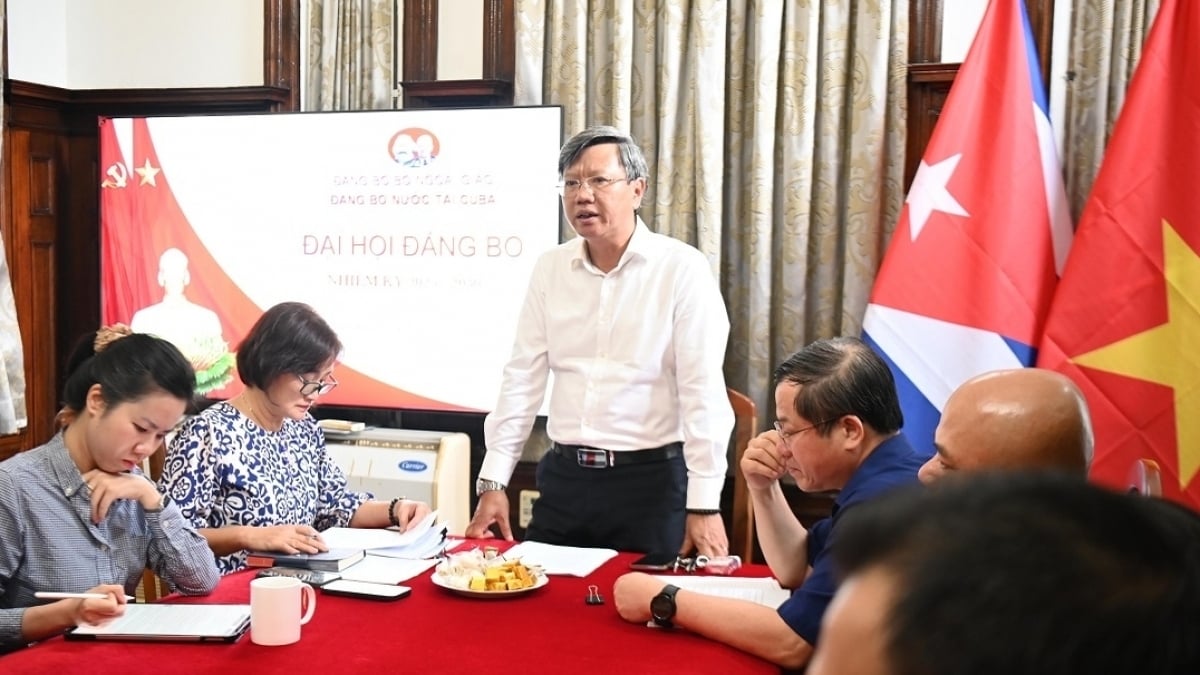



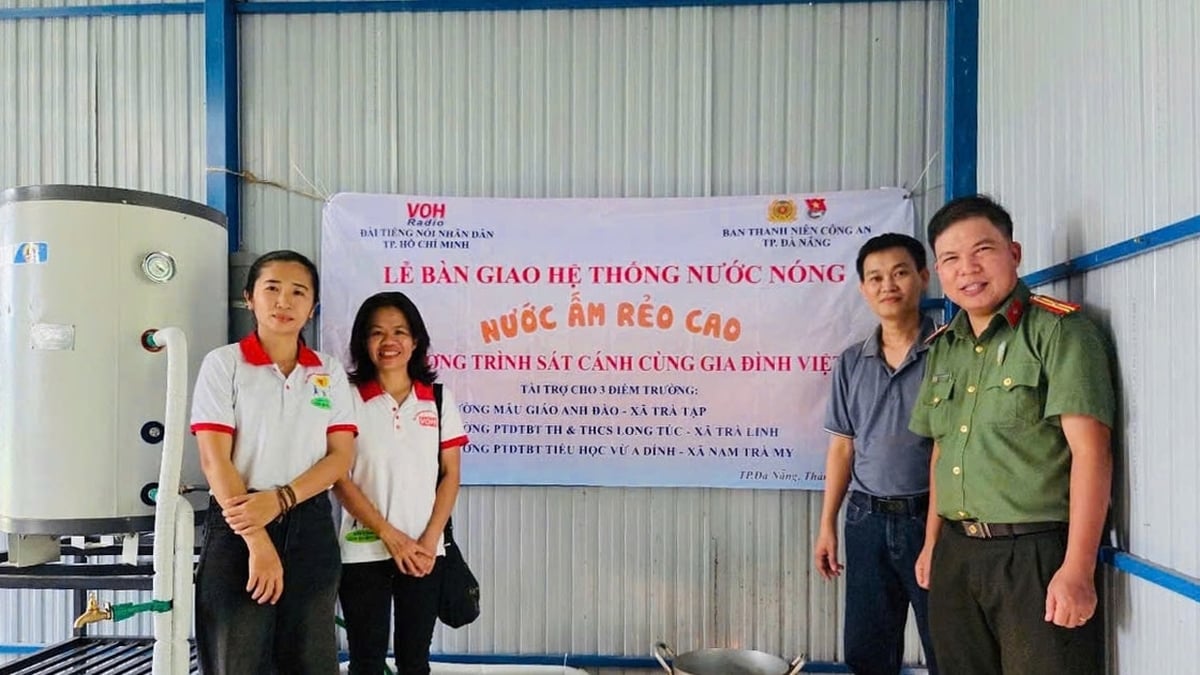
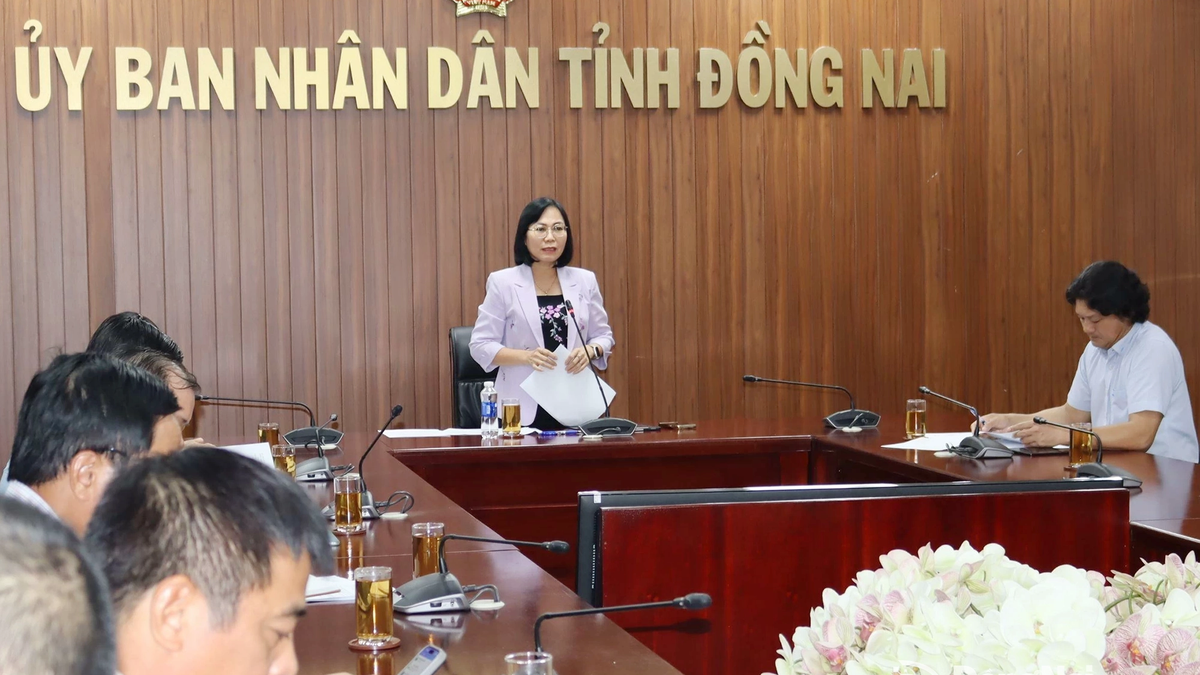
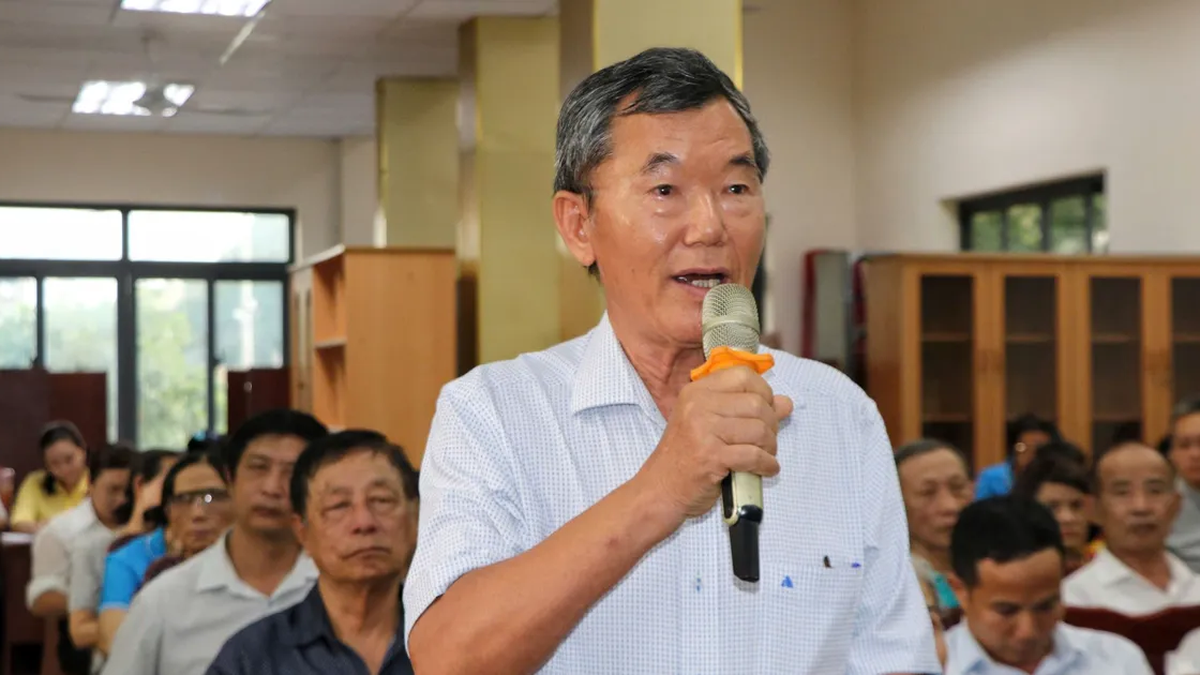
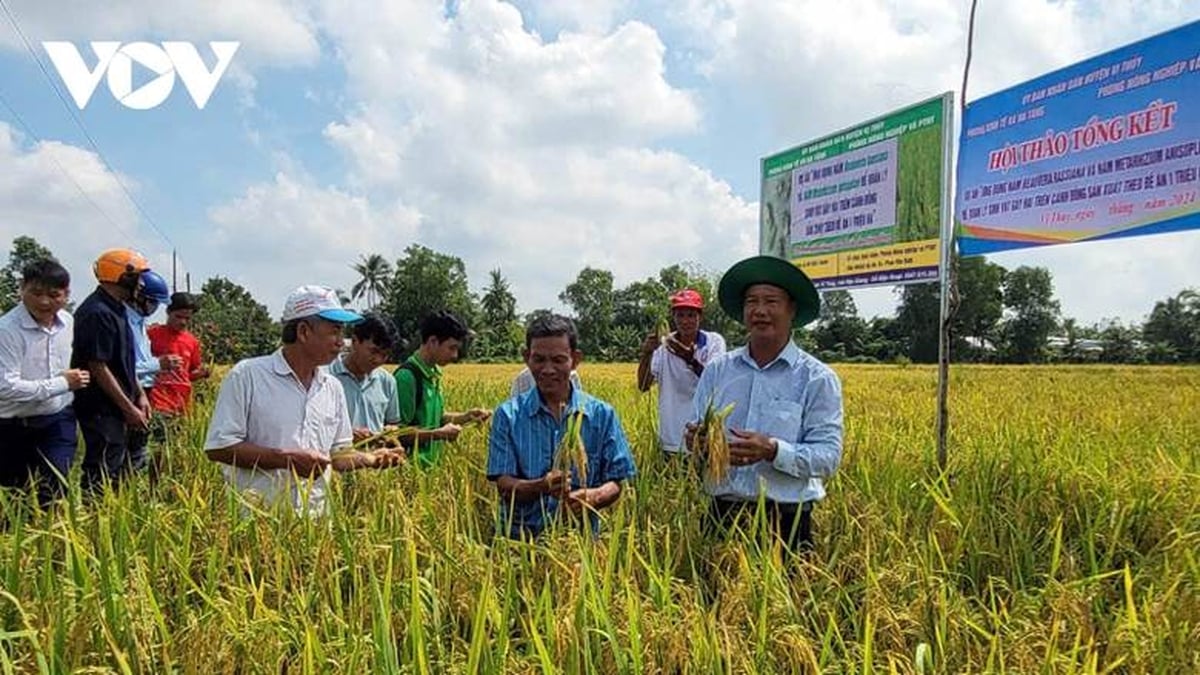












































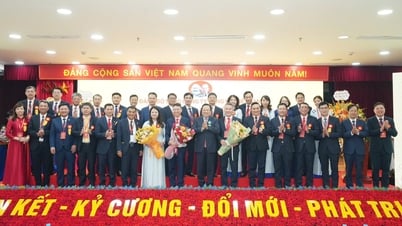










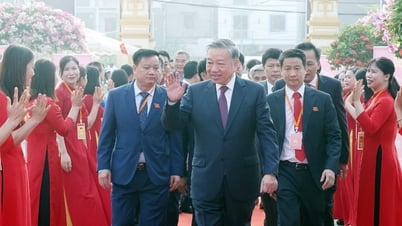
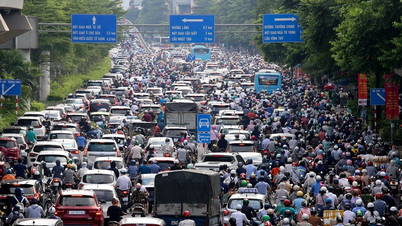

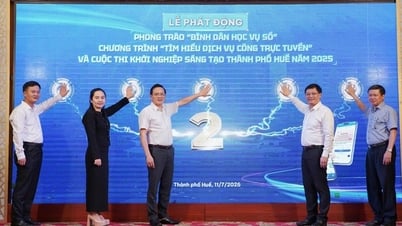































Comment (0)